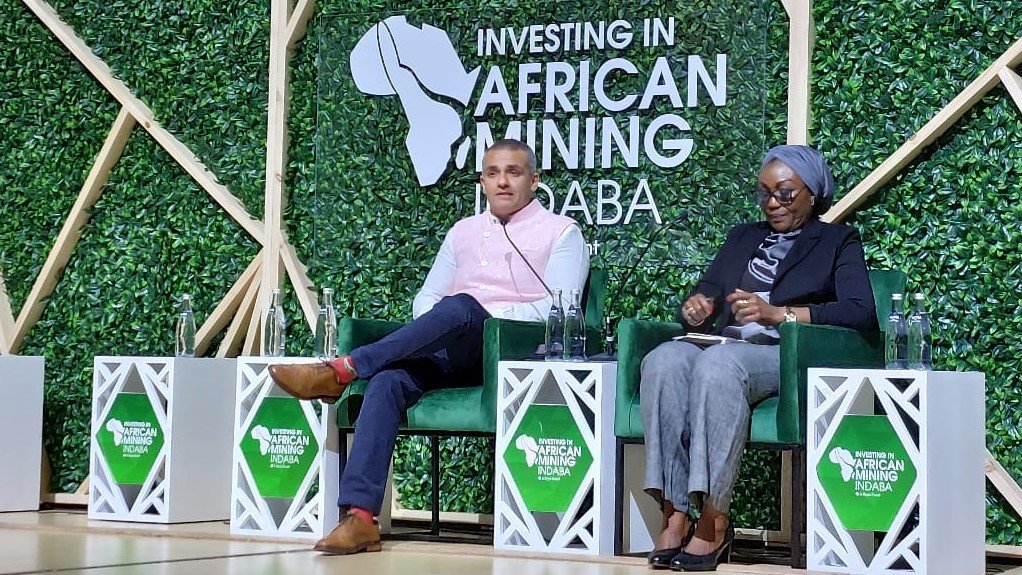In a significant move towards accountability and transparency in the global mining industry, the International Council on Mining and Metals (ICMM) has unveiled plans to consolidate responsible mining standards into a single, globally recognised framework. This initiative, developed in collaboration with the World Gold Council, Copper Mark and the Mining Association of Canada, aims to streamline and simplify the plethora of standards currently in use.
ICMM president Rohitesh Dhawan emphasised the shared responsibility to meet industry standards and highlighted the organisation's commitment to voluntary practices that surpass national regulations.
"We don’t claim to be, nor should we be, judge, prosecutor, jury and police in one. Keep in mind that everything we do is voluntary and goes above and beyond meeting the national regulations," he said during a panel discussion at the Investing in African Mining Indaba in Cape Town.
The need for consolidation was underscored by the recognition that the mining industry currently faces an overwhelming number of voluntary standards to showcase responsible practices. "There are too many," acknowledged Dhawan, citing concerns expressed by civil society organisations, governments, investors and metal users. In response to these concerns, the ICMM, along with its partners, has committed to simplifying the landscape.
The collaboration involves bringing together the standards of ICMM, the World Gold Council, Copper Mark and the Mining Association of Canada into a consolidated global standard for responsible mining. This ambitious endeavor aims to create a unified assurance process, ensuring clear traceability and, crucially, independence through a multi-stakeholder governance system.
The consolidated standard is poised to become a single, reliable source of information consistently applied across the industry.
The initiative is not merely about improving already responsible companies but rather aims for a global impact at scale. With approximately 25 000 mining companies worldwide, the ICMM recognises the need for widespread adoption of the consolidated standard to make a meaningful difference.
The discussion also centred around the proposition of whether the mining industry faces a serious problem in fostering reasonable, fact-based discussions amid the prevalence of misinformation. Natural Resource Governance Institute Africa director Nafi Chinery posed the question of whether collaboration hurdles are exacerbated by the current "post-truth" environment.
Chinery expressed concerns about the polarisation of debates surrounding climate change and the mining industry's transition, particularly in Africa. She underscored the need for trust and transparency, citing positive impacts of mining on various countries while acknowledging concerns about environmental and social impacts.
Edited by: Creamer Media Reporter
EMAIL THIS ARTICLE SAVE THIS ARTICLE
ARTICLE ENQUIRY
To subscribe email subscriptions@creamermedia.co.za or click here
To advertise email advertising@creamermedia.co.za or click here













